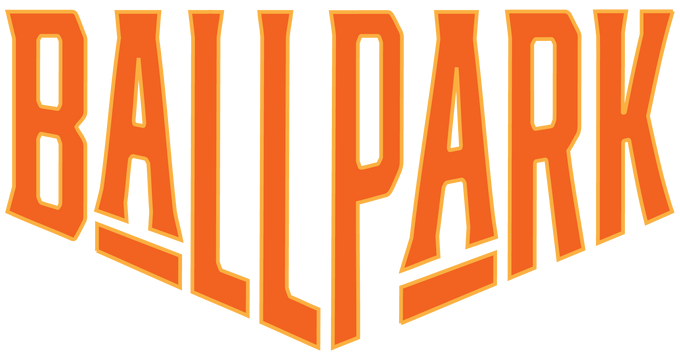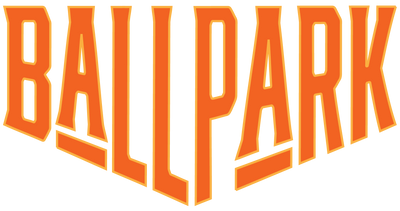BALLPARK GID FAQs
How Will GID Funding be Utilized in Ballpark?
The program of services to be delivered by a GID is determined by Ballpark stakeholders and there is flexibility in how funds are deployed. However, the impetus of the GID for Ballpark is to address what we feel are the biggest immediate concerns of safety and cleanliness. We believe the most critical items to spending funding on include:
- Safety and security, including dedicated police patrols, security teams, safety lighting and targeted approaches to addressing high-crime areas, homeless encampments and problem spots
- Daily cleaning, including but not limited to trash, litter and debris removal, power washing, graffiti removal, trash and recycling bins throughout the neighborhood with consistent service and other targeted cleaning as needed.
- Maintenance of improvements in the public realm, including ensuring lighting is working, replacing and caring for trees and irrigation, care for public realm furniture and improvements and more.
- New investments in the look and feel of Ballpark, including considerations for improved streetscapes, branding and wayfinding signage, lighting enhancements, art and more.
- Direct support to the Ballpark community – including businesses, residents and property owners – via paid staff that focuses on the needs and issues in Ballpark every single day.
A detailed work plan for the GID - including a detailed budget - can be found here.
Aren’t I already paying for these services via my tax dollars?
Your tax dollars paid to the City of Denver pay for basic services. Arguably the demand placed on the Ballpark neighborhood is higher than other parts of the city, because of the high concentration of social services and the impact on the community from Coors Field. We believe we can redirect or leverage additional City funding if we also have money to invest as a community, and a powerful advocacy voice to build a case. Legally, GID services cannot replace existing City services.
Who makes decisions on how Ballpark GID funds will be spent?
The GID is governed by an Advisory Board consisting of up to eleven individuals representing various GID interests – residential owners and renters, and commercial owners or their representatives. These individuals are tasked with representing the interests of the entire neighborhood and making decisions on where to invest GID funds as well as overseeing staff and/or contracts, but must do so in accordance with the GID Operating Plan approved by GID stakeholders.
What is the Cost of the GID?
The assessment rate for the GID is 5 mills on the assessed value of both commercial and residential property. This is equivalent to $5 per $1,000 of assessed value, or an approximate 8% increase in your overall property tax burden. In the GID's first year of operations in 2025, we estimate this will generate approximately $1.3M annually. Additionally the Rockies will make a significant annual contribution, and we are in the process of securing financial commitments from social service providers and other tax-exempt property owners within the boundaries.
What is the City’s Role in Supporting the GID?
The City’s support of the GID will be critical in both our success in creating the GID, and the GID’s success in delivering services to the neighborhood. The most effective special districts in Denver have strong city partnerships, and ours will be no different. Since last fall, we have been having ongoing discussions with Councilman Darrell Watson (District 9), the mayor's office, the Denver Police Department and city staffers from every department to ensure that a partnership in our success is formalized.

